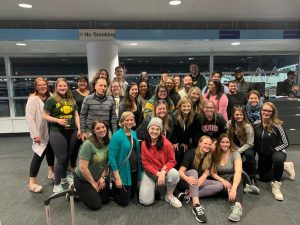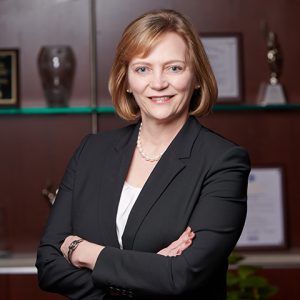Ireland Reflections 2020
 In what seems to be the theme for this Spring 2020 Semester, we made a change in this year’s spring break trip. Instead of heading to Israel, our traditional trip for the last decade, a group of 30 students two faculty, and myself headed to Ireland and Northern Ireland for a look at Comparative Conflict Resolution. For about 10 of the students, the trip was a compliment to last year’s Israel / Palestine experience, while for many others, this was a trip of firsts.
In what seems to be the theme for this Spring 2020 Semester, we made a change in this year’s spring break trip. Instead of heading to Israel, our traditional trip for the last decade, a group of 30 students two faculty, and myself headed to Ireland and Northern Ireland for a look at Comparative Conflict Resolution. For about 10 of the students, the trip was a compliment to last year’s Israel / Palestine experience, while for many others, this was a trip of firsts.
 I should note off the bat that this was a first for all of us to come home to this uncertainty and new normal. We left in early March worried about small outbreaks and came home to quarantines, home isolation and remote classes. In the vein of keeping us thinking about interesting things, though, I wanted to get the blogs going and share reflections from the students.
I should note off the bat that this was a first for all of us to come home to this uncertainty and new normal. We left in early March worried about small outbreaks and came home to quarantines, home isolation and remote classes. In the vein of keeping us thinking about interesting things, though, I wanted to get the blogs going and share reflections from the students.

 [For Women’s History Month, we invited some of our alumni to provide their reflections as guest bloggers of the month. This post is from Lynne M. Halbrooks, L’88.]
[For Women’s History Month, we invited some of our alumni to provide their reflections as guest bloggers of the month. This post is from Lynne M. Halbrooks, L’88.]